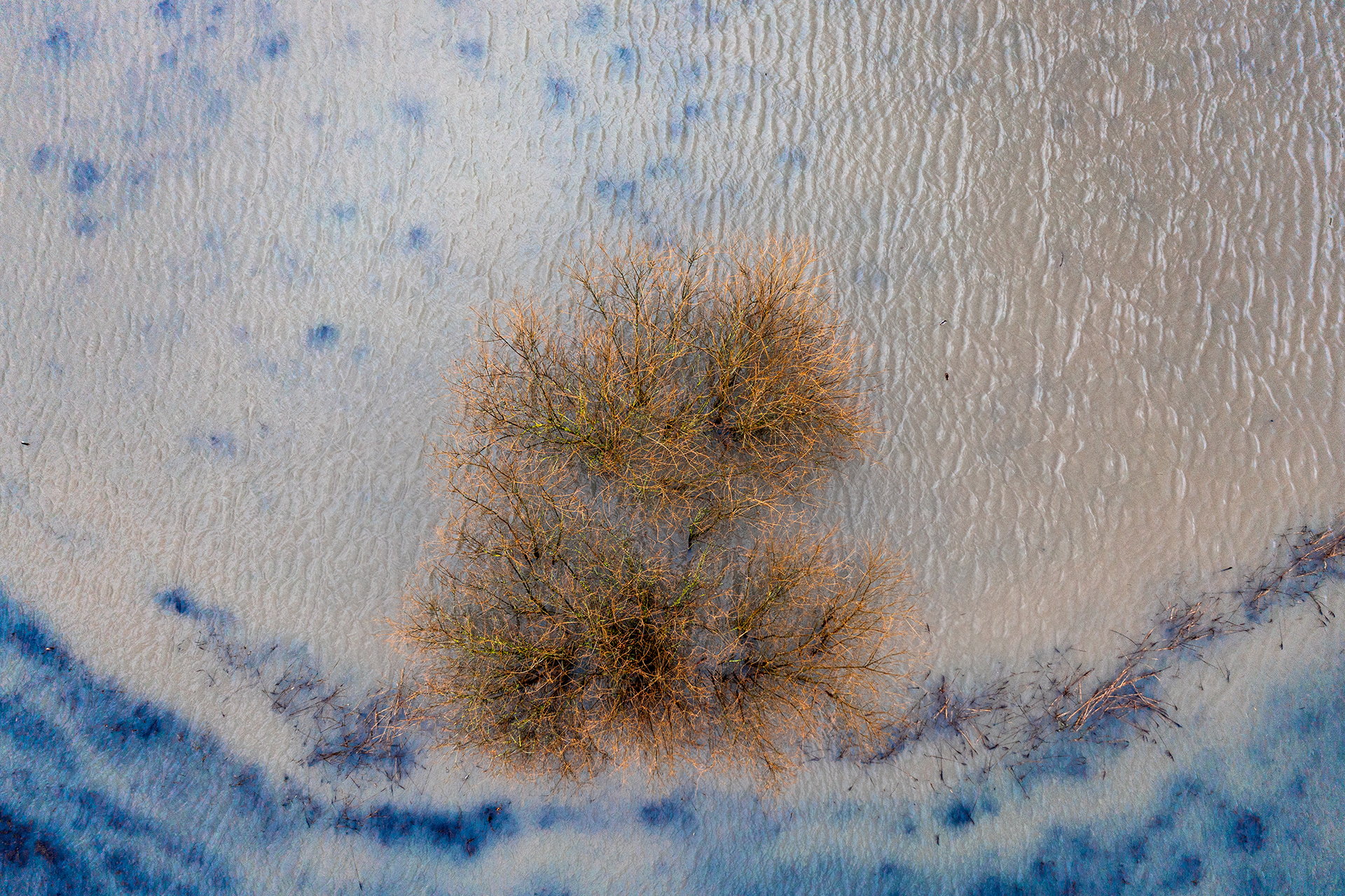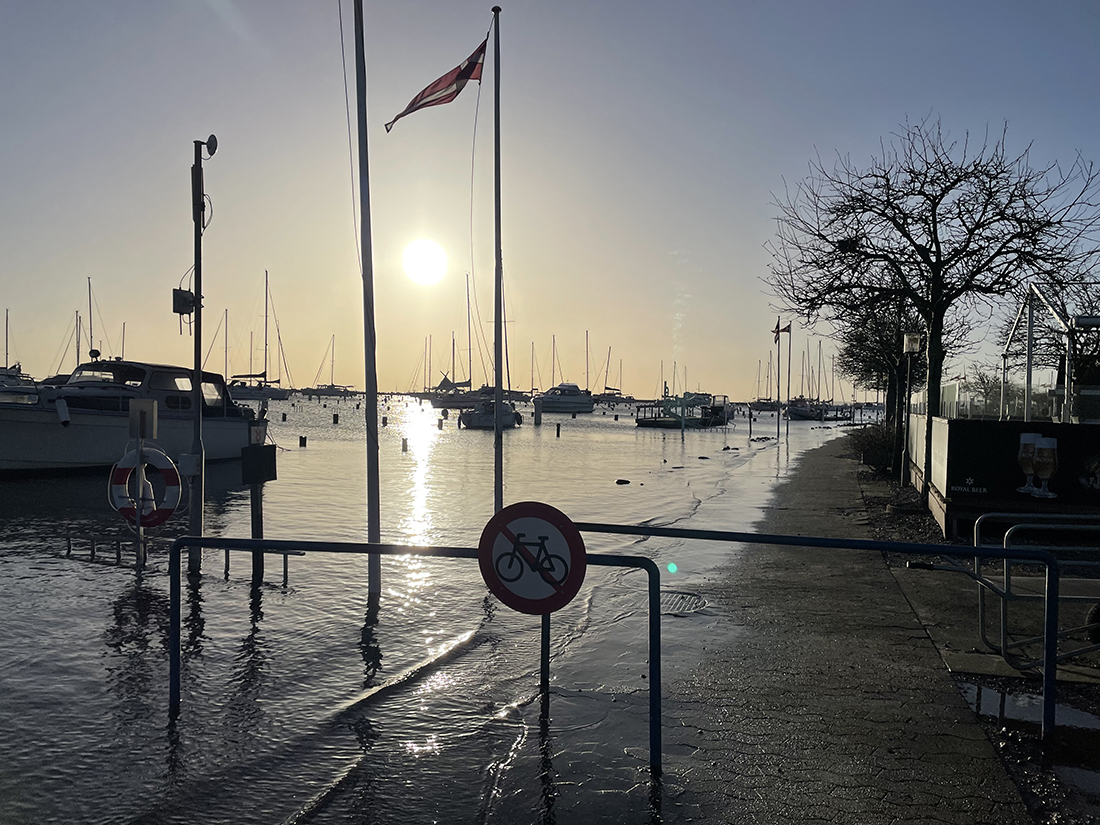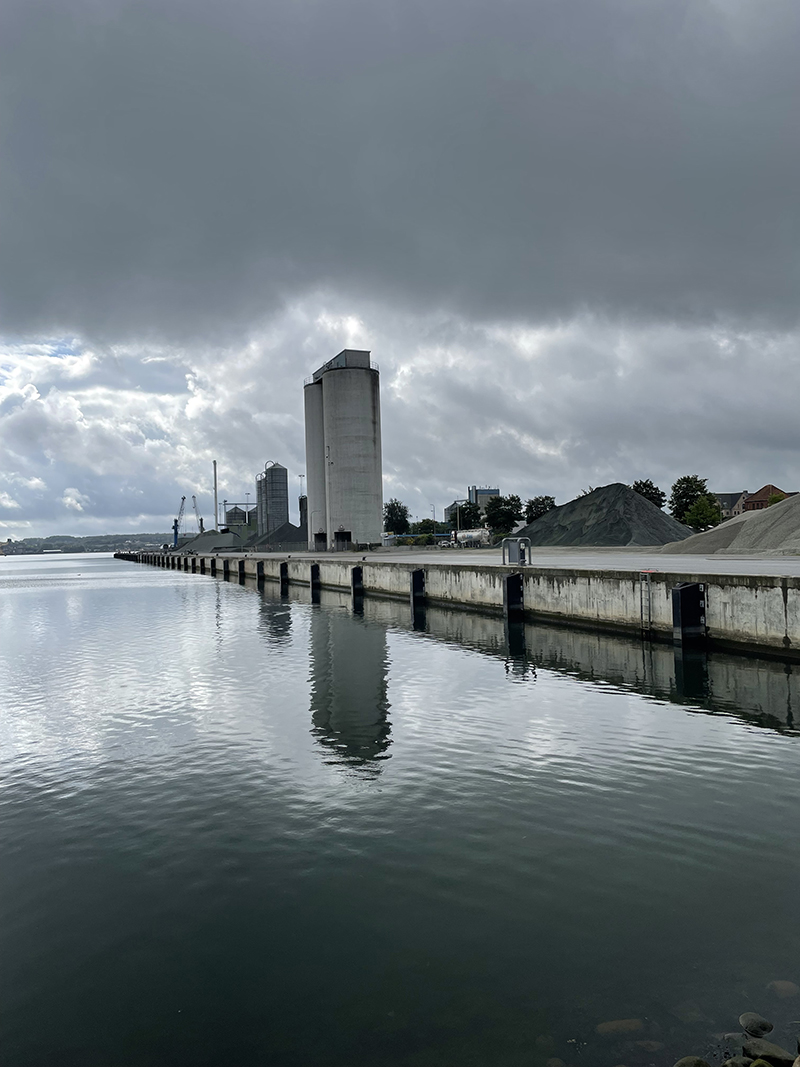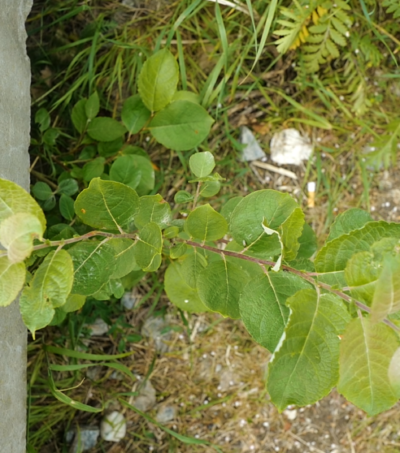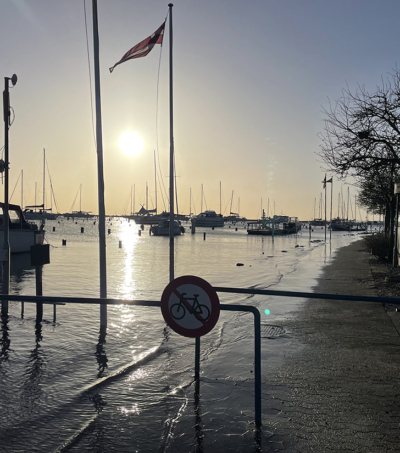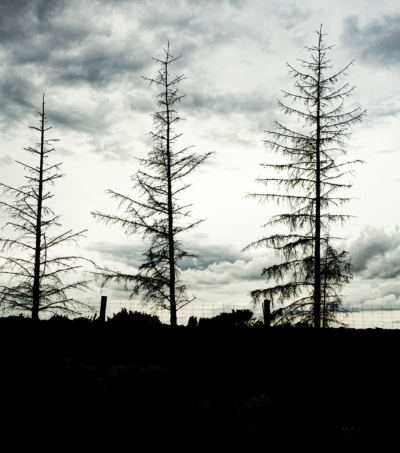 https://aarch.dk/wp-content/uploads/2024/05/Arslev-Engso-6_1920px.jpg
1279
1920
Signe Janderup
https://s3-eu-central-1.amazonaws.com/aarchdk/wp-content/uploads/2019/02/03164631/aarch-logo-dark.svg
Signe Janderup2024-05-29 10:39:162025-02-10 15:44:19About the centre
https://aarch.dk/wp-content/uploads/2024/05/Arslev-Engso-6_1920px.jpg
1279
1920
Signe Janderup
https://s3-eu-central-1.amazonaws.com/aarchdk/wp-content/uploads/2019/02/03164631/aarch-logo-dark.svg
Signe Janderup2024-05-29 10:39:162025-02-10 15:44:19About the centreCLIMATE-BASED STRATEGIES FOR URBAN LANDSCAPES
We need radically new ways of engaging climate, landscapes, waterscapes, and biodiversity as holistic practices in our urban landscapes and planning – if we want our descendants to inherit a healthier and more affluent planet. Motivated by climate change, the Centre for Emerging Landscapes will create new methods for developing future urban landscapes.
Based on place-specific qualities, the centre will use integrated and applied research for testing new opportunities in the green transition of our territories based on intervention and exploration. Focusing on ecologies integrative of both human beings, other species, and natural processes, the centre’s approach is to use knowledge of climate and place-specific conditions for creating synergies and identifying potentials for transforming the existing environment – in both the short and the long-term.
BACKGROUND
PURPOSE
The overall purpose of the centre is to contribute to a necessary paradigm shift in how we practice urban and landscape architecture by developing basic research and situated knowledge. This includes:
- Contributing to creating and expanding a deeper knowledge of how we can contribute to adapting, adjusting, and mitigating the effects of tomorrow’s climate on urban landscapes through urban landscape planning.
- Investigating and intervening in local areas in ways that adapt to the specific challenges posed by the future climate. This includes taking into consideration the past, the present, and the future.
- Basing our efforts on a thorough understanding of existing conditions and promoting the active interaction of people, buildings, and ecosystems. This includes appreciating and respecting existing landscapes and urban values and qualities.
- Developing basic research, work processes, and methods with the potential to inspire others and be used widely – nationally and internationally – by various groups of professionals, sectors, and stakeholders dealing with challenges related to urban landscapes with a focus on climate, land use, urban nature, and a ‘blue-green’ transition based on design and planning.
THE PROJECTS
The projects associated with the Centre for Emerging Landscapes are based on interdisciplinary knowledge exchange and collaborations in both research and practice. Place-specific and locally rooted factors are cornerstones in developing and experimenting with new adaptive practices. This may, for instance, involve reading landscapes to identify transformative potentials over time, scenarios for changing waterscapes, interactions between places and citizens, and full-scale experiments with sensuous approaches to afforestation and biodiversity in living landscape laboratories in new climatic conditions.
Besides collaborating with other research environments at home and abroad, the centre will continuously bring in and collaborate with municipalities, practicians, and utilities to ensure knowledge is continually shared and developed. This aims to communicate and test methods ‘under pressure’ and gather and create new, shared knowledge about similar issues in other contexts.
OUR FOCUS
We focus on the consequences of the future climate and on a transition of urban and landscape planning practices that will allow us to accommodate changes over time. This involves data and forecasts ‘encountering’ the place-specific, the sensuous, and the aesthetic, with a focus on:
- Water being a central issue for the climate of the future – as a valuable resource in terms of both drought and flood. We investigate the potential of renovating and transforming, integrating existing urban structures and rural areas with a holistic and multiscalar approach to waterscapes as a foundational and vital premise. This includes studies into existing and future settlement patterns and access to clean drinking water. The aim is to facilitate a paradigm shift in how we perceive the role of landscapes and water when we transform and develop our urban landscapes.
- The accelerating biodiversity crisis is investigated through the concept of urban nature, afforestation, new design practices, administrative approaches, multi-faceted land use, and opportunities for urban recreational activities. The aim is to facilitate a deeper integration of biodiversity in urban landscapes and in our collective understanding of the place. Our approach to this involves full-scale experiments in landscape laboratories, where what is challenging to understand is made comprehensible, spatial, and sensory.
- The climate of the future increases the demands on our physical planning when this planning involves reducing carbon emissions, improving the quality of life, and a wide range of other sustainability parameters. We apply an ecological perspective to explore and test the potential of and the obstacles to future planning and the transition of communities. The goal is to explore and create insights into how, through planning, we can integrate a more place-specific and ecological understanding and planning.


